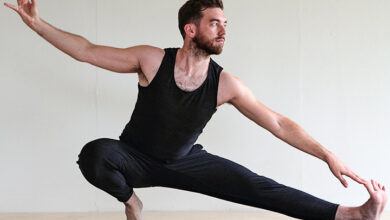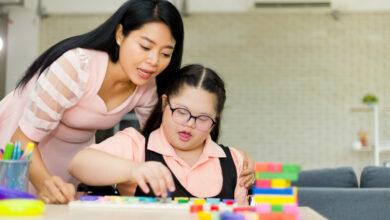Health and Medical
The fundamental principles of alcohol rehabilitation clinics
The fundamental principles of alcohol rehabilitation clinics

Rehabilitation is based on the belief that every individual has the freedom to make decisions about their own health and that they also have intrinsic value in their own rights. As a consequence of this idea, every human is seen as a whole, holistic, and individually distinct creature. As a result, the rehabilitation team is responsible for providing the person with a disability with the appropriate training, information, and skills in order to optimize, improve, and maximize their independent function as much as possible.
In the medical model of care, the physician’s primary responsibility is to ensure the patient’s long-term life. The physician plays an active role in the diagnosis and treatment of the patient, while the patient is typically a passive participant in the process of care delivery. When dealing with critical care problems that are restricted in scope in emergency care, this paradigm might be useful.
The fundamental principles of rehabilitation
The release of Alcohol Rehabilitation Centre in India patients is guided by a set of principles. Using these concepts, the rehabilitation professional may build an individualized plan of care for the client who is receiving rehabilitation. In addition, all members of the rehabilitation team must be aware of and understand the principles of rehabilitation in order to achieve the desired results throughout the recovery process. The following concepts influence rehabilitation:
Encourage acclimatisation
Patients are often overwhelmed by the difficulties that come with impairments and loss of function, which may include physical, social, and emotional difficulties. As a consequence, in order to get the desired outcomes in rehabilitation, it is necessary to have a thorough awareness of the individual’s total state. This awareness must be channeled in order to provide support, encouragement, and the development of strength and resourcefulness. It is also critical for rehabilitation practitioners to recognize that, for many patients, total healing may not necessarily be the ultimate aim of rehabilitation, but rather that the objective should be to maximize function rather than complete recovery.
Ability to put the spotlight on oneself
Individuals who have experienced a variety of health issues as a result of life-altering diseases are encouraged to maintain a positive outlook via rehabilitation. Consequently, rehabilitation focuses not on what has been lost but on what may be gained and attained via collaborative goal-setting by the rehabilitation professional and by the client in need of rehabilitation.
Treat the individual as a whole.
A comprehensive approach to therapy is a fundamental idea in the field of rehabilitation. It must be kept in mind at all times that it is the person, not the sickness, who is being treated. Individuals’ preferences, background, culture, religious views, social support network, physical capabilities, developmental phases, and psychological makeup must all be taken into consideration while the rehabilitation team members are developing plans of care for the person.
Time
The role of time on Alcohol Rehabilitation Center in New Delhi has been extensively researched, ranging from the optimal time to begin rehabilitation to the length of time required for therapy to provide the maximum possible benefits. In general, time is critical in the recovery process. Treatment for some disorders, such as chronic obstructive pulmonary disease, maybe started earlier in order to lower the chance of readmission. Early rehabilitation can also enhance motor function in patients with spinal cord damage and stroke, among other things.
Conclusion
A thorough understanding of the foundations and fundamental principles of rehabilitation equips the professional with the necessary knowledge to approach rehabilitation confidently and accurately in order to achieve the most significant gains possible for their patients in their functional independence and participation in their favourite activities.





